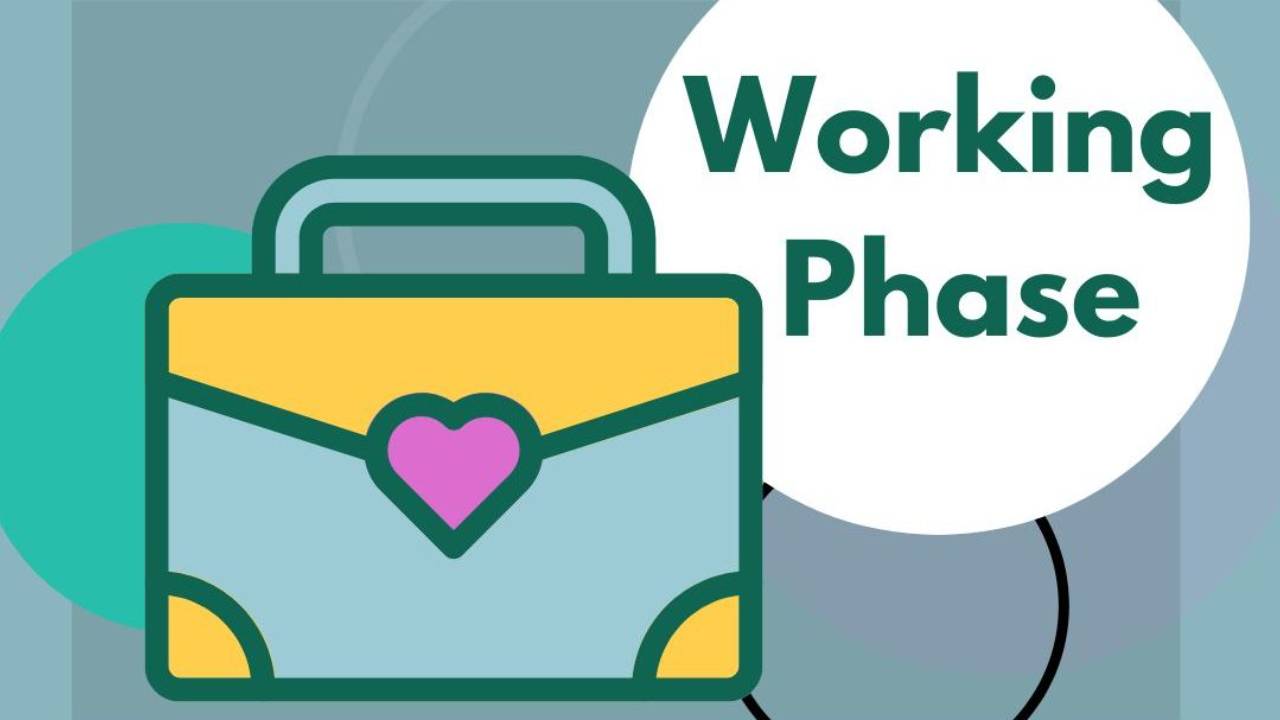Is a sabbatical even realistic?
I’ve been diving into this topic of sabbaticals because let’s face it, this is a hard time for therapists, especially if you work with a vulnerable population.
The biggest, baddest barrier to considering things like intentional leave from work is the idea of how unrealistic it is.
We do this meaningful work because it’s a calling, yes, but also because we have responsibilities! The luxury to take time off is for other people, in other professions, right?
Well, it turns out that the solution is in the name, in the framing of “sabbatical”.
The terms shares a root with the Jewish word sabbath/shabbat, and refers to a day of rest, one day taken completely off in every seven.
There are, of course, religious implications here, but google is free and I’m not here to educate you or endorse the worship practices of cultures I’ve never been a member of.
Just know that the idea of sabbatical, or one in seven, is influenced by this rhythm.
Academic institutions and religious ones that offer sabbatical, also do so on sort of a schedule: one year (or one semester) per 7 years. This requires applications, pre-approval of a research or professional project, and sometimes continued consultation with students if they still need access to their research advisor.
Pay can be partial, full, or none, but the faculty member gets to keep their job, so yay?
There can be requirements to promise to return after sabbatical, so the time away is not supposed to be a soft transition to a new job or retirement.
If the sabbatical doesn’t serve the interests of the institution well, the next application may be denied.
What does this have to do with us therapists?
Well, sabbatical experiences are intentional, researched, planned out, and resourced. They are not the inevitable result of burnout or overwhelm. They are not the result of barely pulling yourself over the finish line.
A sabbatical is something someone would have dreamed of or planned for over years! It is periodic. It is not an emergency escape hatch.
If no one told you in college, I’m telling you now. We have to plan breaks to build in vitality into this career.
What if you had graduated with the expectation that every 7 years, you’d take long break to do something else for a few months?
What if taking breaks was just the way things are, instead of a source of shame?
How long have you been in these therapy trenches?
I know, I know…I wish I could tell you go get some rest, like, tomorrow!
For some of you that’s reasonable, and for others, it’s absolutely not feasible.
What I can tell you is that many things - politics, economics, seasons of joy, seasons of pain – these things come in rhythms, in patterns.
Decide that you will, at certain points in your career, give yourself a chance to try something completely different. A chance to catch your breath. Imagine what you think that could be.
Then after you’ve done that, your next steps involve seriously, ruthlessly examining just how much runway, time, assistance, and support you’ll need to do it.
You should look more like this:



